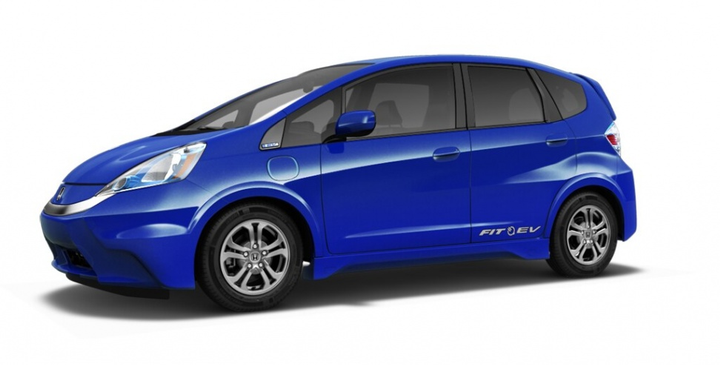
The CRUSE Project seeks to demonstrate that round trip plug-in electric vehicle (PEV) carsharing can serve rural communities while benefitting low income residents and local businesses.
Photo via Forth.
Forth, a Portland-based mobility group, will receive funding for the Clean Rural Shared Electric Mobility (CRUSE) Project from the U.S. Department of Energy for Advanced Vehicle Technologies Research.
The CRUSE Project seeks to demonstrate that round trip plug-in electric vehicle (PEV) carsharing can serve rural communities while benefitting low income residents and local businesses. This project will bring the carsharing model to rural communities, where private investment might otherwise never go.
In a release, Forth hopes this project will demonstrate the feasibility of carsharing in rural areas while also providing cleaner and more efficient mobility options to Hood River and its visitors.
Roundtrip carsharing has been well established in many urban centers, but carsharing is virtually unknown outside of major urban centers, according to the company. Rural and low-income communities can benefit most from carsharing services, due to lack of density to support traditional transit, biking, or other options.
Situated in a rural area of the Columbia Gorge, Hood River, Ore., will be the initial test site. With a combination of typical small-town living, nearby agricultural work and tourism, Hood River presents an ideal opportunity to test, assess, and hone how best to offer an electric carsharing service, in a rural setting, to benefit drivers from multiple sectors.
The CRUSE Project envisions a three-year demonstration program, with five PEVs stationed throughout Hood River at affordable housing sites, the city center, and tourist destinations.
American Honda is loaning five post-lease Clarity EVs to the project. Envoy Technologies will provide the carsharing platform, enabling users to reserve and access vehicles via a smart phone, paying by the minute or hour, and returning the PEV to its home base. As part of this project, Envoy will provide a Spanish translation of its app to appeal to diverse community members, alternate payment mechanisms to meet the needs of those without access to credit cards or bank accounts, and tiered pricing structures, enabling different prices to be charged to different user groups, enabling the potential for subsidies to be offered to qualified user groups.
The funding comes through the Department of Energy’s Office of Energy Efficiency and Renewable Energy. The funding is to support the Energy Department’s goals to strengthen national security, support American energy dominance, enable future economic growth, and increase transportation affordability for all Americans.
Charging installations will be facilitated by the local utility, Pacific Power, and OpConnect.
The CRUSE Project’s aim is to bring PEV carsharing services to underserved rural communities nationwide, providing rural America with improved transportation access, energy efficiency, and environmental benefits at lower costs to users.
The CRUSE Project is anticipated to launch in spring of 2020.
